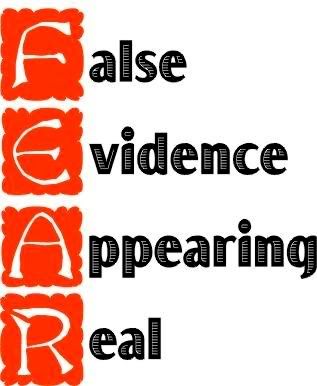With the Fourth Revolution comes this new challenge to traditional universities: online courses and degrees. We have mentioned this transformation in the posts ‘online universities are becoming mainstream!‘ and ‘Another institution under siege from the Fourth Revolution: Universities‘.
 In this excellent article in Fast Company, an interesting statistic become apparent. “As Thrun [the founder of Udacity] was being praised by Friedman, and pretty much everyone else, for having attracted a stunning number of students–1.6 million to date–he was obsessing over a data point that was rarely mentioned in the breathless accounts about the power of new forms of free online education: the shockingly low number of students who actually finish the classes, which is fewer than 10%. Not all of those people received a passing grade, either, meaning that for every 100 pupils who enrolled in a free course, something like five actually learned the topic. If this was an education revolution, it was a disturbingly uneven one.” Further, “a recent study found that only 7% of students in this type of class actually make it to the end. (This is even worse than for-profit colleges such as the University of Phoenix, which graduates 17% of its full-time online students, according to the Department of Education.)“.
In this excellent article in Fast Company, an interesting statistic become apparent. “As Thrun [the founder of Udacity] was being praised by Friedman, and pretty much everyone else, for having attracted a stunning number of students–1.6 million to date–he was obsessing over a data point that was rarely mentioned in the breathless accounts about the power of new forms of free online education: the shockingly low number of students who actually finish the classes, which is fewer than 10%. Not all of those people received a passing grade, either, meaning that for every 100 pupils who enrolled in a free course, something like five actually learned the topic. If this was an education revolution, it was a disturbingly uneven one.” Further, “a recent study found that only 7% of students in this type of class actually make it to the end. (This is even worse than for-profit colleges such as the University of Phoenix, which graduates 17% of its full-time online students, according to the Department of Education.)“.
Online education does mean effort, and there is probably some kind of long tail effect at work here: not all of those that say they intend to go for the course will go for it at the end, as it entails a significant commitment. This number should not be a surprise; and as the number of online registered students will increase dramatically, even if the percentage of those that graduate remains small, the number of people who will have benefited will still remain large – and above all, anybody, anywhere in the world, can now take the opportunity. People will simply drop out by themselves if they don’t show the necessary commitment.
The low number of graduates is not a limit of the system, it is but an intrinsic long tail effect. It does not mean failure; the sheer number of graduates does mean success of online education.











